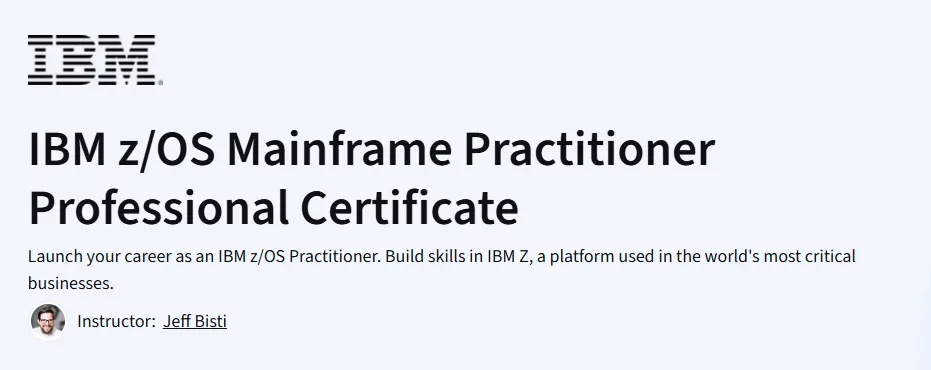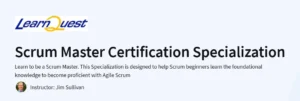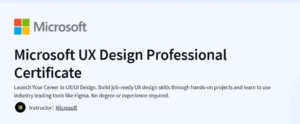What will you learn in IBM z/OS Mainframe Practitioner Professional Certificate Course
Understand IBM Z mainframe architecture and enterprise computing.
Use z/OS, TSO/ISPF, UNIX System Services, and job control language (JCL).
Gain practical skills in COBOL, VSAM, and RACF security administration.
Learn how to work with datasets, batch processing, and mainframe file systems.
Program Overview
Module 1: Introduction to Enterprise Computing
⏱️ 1 week
Topics: Mainframe history, architecture, and role in enterprise IT
Hands-on: System walkthroughs and interactive quizzes
Module 2: Getting Started on Mainframe with z/OS Commands and Panels
⏱️ 1 week
Topics: TSO/ISPF, data sets, and commands
Hands-on: Practice ISPF commands and create datasets in a virtual environment
Module 3: Data Sets and Data Access on z/OS
⏱️ 1 week
Topics: VSAM, PDS, sequential datasets, and file access
Hands-on: Access and manage datasets using real-time simulations
Module 4: Job Control Language (JCL) and Utilities on z/OS
⏱️ 2 weeks
Topics: JCL basics, utilities like IEBGENER, IEFBR14, SORT
Hands-on: Write and execute JCL scripts in lab settings
Module 5: Introduction to UNIX Systems on z/OS
⏱️ 1 week
Topics: z/OS UNIX structure, file commands, navigation
Hands-on: UNIX command practice in the z/OS shell
Module 6: Security on z/OS with RACF
⏱️ 1 week
Topics: Role of RACF, authentication, and access management
Hands-on: Configure basic RACF user roles and permissions
Get certificate
Job Outlook
High demand in finance, telecom, and government sectors for mainframe experts.
Salaries range between $80K–$140K for mainframe practitioners.
Critical skillset as organizations struggle to replace retiring mainframe professionals.
COBOL, JCL, and RACF are niche but essential in legacy system maintenance and development.
Specification: IBM z/OS Mainframe Practitioner Professional Certificate
|
FAQs
- No prior mainframe or IBM experience is required.
- Basic familiarity with computers and IT concepts helps in understanding course content.
- The course starts with foundational topics like z/OS architecture and mainframe concepts.
- Step-by-step exercises guide learners through practical mainframe operations.
- Beginners can build confidence progressively through hands-on labs.
- The course includes access to virtual mainframe environments for practice.
- Learners perform tasks such as job management, data manipulation, and debugging.
- Hands-on exercises simulate real-world mainframe workflows.
- Guided labs help reinforce understanding of commands and system navigation.
- Practical experience prepares learners for entry-level roles in mainframe operations.
- Provides foundational knowledge for z/OS system administration and mainframe operations.
- Skills learned are relevant for roles like Mainframe Operator, System Programmer, or Application Support.
- Completing the certificate demonstrates commitment and technical competence to employers.
- Learners can build portfolios or demonstrate hands-on experience from lab exercises.
- Additional certifications or advanced mainframe courses may enhance job prospects.
- The course balances foundational theory with hands-on labs.
- Learners practice commands, scripts, and data handling in z/OS environments.
- Concepts like job scheduling, system management, and data storage are applied practically.
- Assignments and exercises reinforce theoretical concepts through application.
- Practical skills ensure learners can perform basic mainframe operations confidently.
- Estimated completion is around 3–5 months at a part-time pace.
- Weekly effort of 4–6 hours is generally sufficient for lectures and hands-on exercises.
- Regular practice in the virtual mainframe environment reinforces learning.
- Revisiting complex topics or debugging lab exercises may require additional time.
- Consistent engagement ensures learners gain both conceptual understanding and practical mainframe skills.





